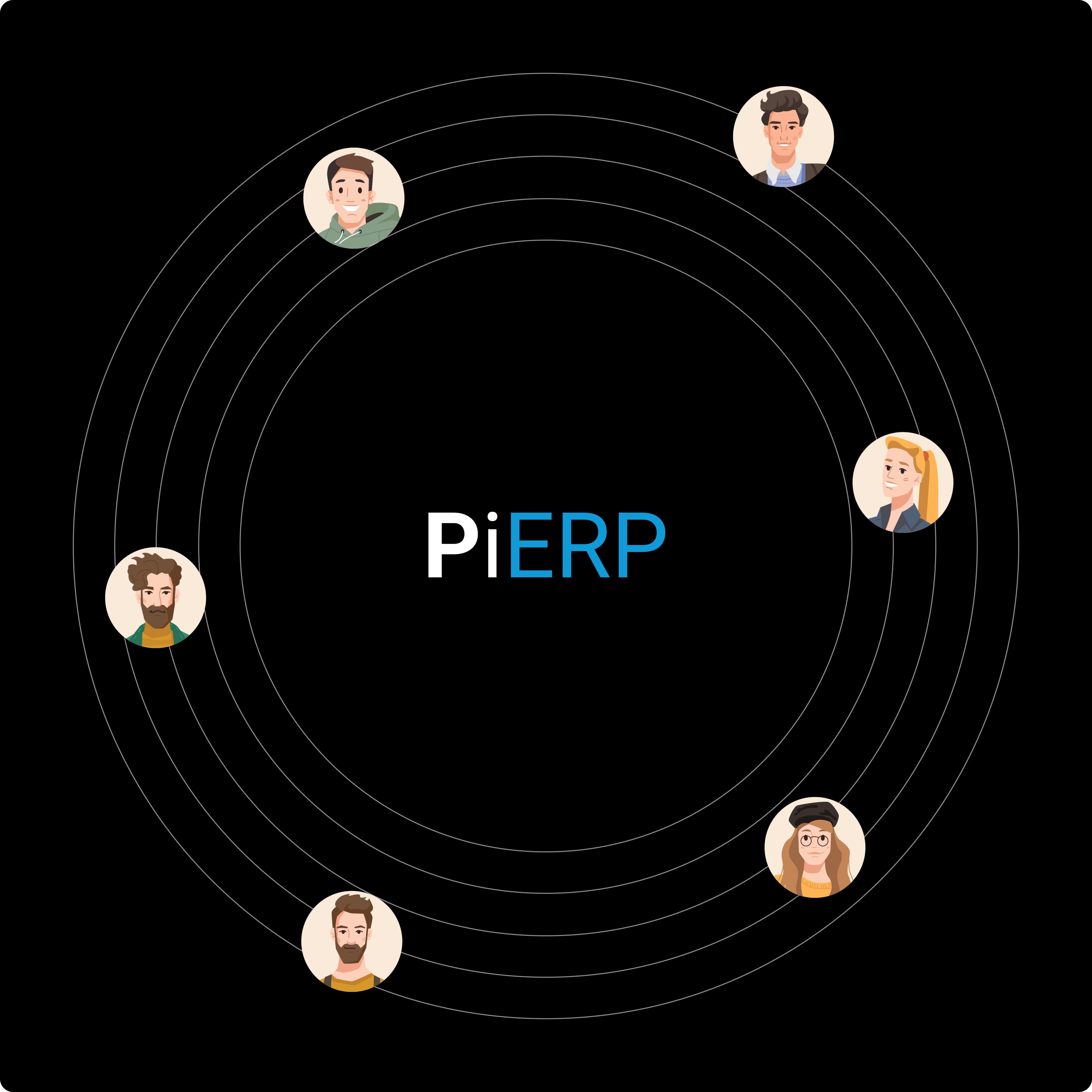In the dynamic world of healthcare, technology plays a crucial role in enhancing patient care, streamlining operations, and improving efficiency. Among the innovative solutions driving this transformation is Enterprise Resource Planning (ERP) software. In this article, we'll explore the profound impact of ERP systems on healthcare and delve into the must-have features that make them indispensable tools for modern healthcare organizations.
Exploring ERP's Impact on Healthcare:
ERP systems have revolutionized the way healthcare organizations operate, going beyond traditional bedside care to address the complex challenges faced by the industry. By integrating various functions and processes into a centralized platform, ERP solutions enhance operational efficiency, improve patient care coordination, empower data-driven decision-making, and ensure regulatory compliance.
Operational Efficiency:
One of the key benefits of ERP implementation in healthcare is the improvement of operational efficiency. By automating manual tasks, eliminating redundancies, and streamlining workflows, ERP systems enable healthcare organizations to optimize resource utilization and reduce costs. For example, administrative tasks such as appointment scheduling, billing, and inventory management can be automated, allowing healthcare providers to focus more on patient care.
Patient Care Coordination:
Effective coordination of care is essential for delivering high-quality and patient-centered healthcare. ERP solutions facilitate seamless communication and collaboration among healthcare teams by providing real-time access to patient data, treatment plans, and medical histories. This enables healthcare professionals to make informed decisions, coordinate treatments across departments, and deliver personalized care tailored to each patient's needs.
Data-driven decision-making:
Data is the lifeblood of modern healthcare, driving clinical decisions, quality improvement initiatives, and strategic planning. ERP solutions are data management platforms that can collect and analyze a lot of clinical, operational, and financial data. Healthcare organizations can use advanced technology to analyze patient outcomes, use resources wisely, and measure how well they are doing. This helps them find ways to improve and use evidence-based methods.
Compliance with the rules:
The healthcare industry is subject to strict regulations that aim to protect patient privacy, ensure data security, and keep ethical standards. ERP system helps healthcare companies deal with complicated laws and follows industry rules like HIPAA and GDPR. This makes sure that patient information is kept safe and private, reducing the chance of breaking the rules and getting punished.
Must-have Healthcare ERP Features:
In order to effectively address the unique needs of healthcare organizations, enterprise resource planning solutions must incorporate specific features and functionalities tailored to the industry. Here are some must-have features that make healthcare ERP solutions indispensable.
Electronic Health Records (EHR) Integration:
Seamless integration with EHR systems is essential for healthcare ERP solutions. This allows for the consolidation of patient data, including medical histories, diagnoses, medications, and treatment plans, into a centralized platform accessible to authorized healthcare professionals. Integration with EHR systems enables real-time updates and ensures the accuracy and completeness of patient records.
Clinical Decision Support:
Healthcare ERP systems should include clinical decision support tools that assist healthcare providers in making informed decisions at the point of care. These tools may include evidence-based guidelines, clinical protocols, drug interaction alerts, and diagnostic support algorithms. Clinical decision support functionalities help improve patient safety, reduce medical errors, and enhance the quality of care delivered.
Revenue Cycle Management (RCM):
Effective management of the revenue cycle is critical for the financial sustainability of healthcare organizations. Healthcare ERP solutions should include comprehensive RCM functionalities that streamline billing, coding, claims processing, and reimbursement processes. Integration with billing systems, payer networks, and regulatory databases ensures accurate and timely revenue capture, maximizing revenue and minimizing compliance risks.
Inventory and Supply Chain Management:
Healthcare organizations rely on efficient inventory and supply chain management processes to ensure the availability of essential medical supplies, pharmaceuticals, and equipment. Healthcare ERP systems should include features for inventory tracking, procurement, supplier management, and demand forecasting. Real-time visibility into inventory levels, expiration dates, and usage patterns enables proactive inventory management and reduces the risk of stockouts or excess inventory.
Appointment Scheduling and Patient Portal:
Seamless appointment scheduling and patient communication are essential for delivering a positive patient experience. Healthcare ERP systems should include features for online appointment scheduling, reminders, and patient portals that enable patients to access their medical records, schedule appointments, and communicate with healthcare providers securely. These features enhance patient engagement, improve adherence to treatment plans, and reduce administrative burden on staff.
Conclusion:
Enterprise Resource Planning ERP solution has a transformative impact on the healthcare industry, enhancing operational efficiency, improving patient care coordination, empowering data-driven decision-making, and ensuring regulatory compliance. By incorporating must-have features tailored to the unique needs of healthcare organizations, ERP solutions become indispensable tools for modern healthcare organizations striving to deliver high-quality, patient-centered care in an increasingly complex and dynamic healthcare landscape.






